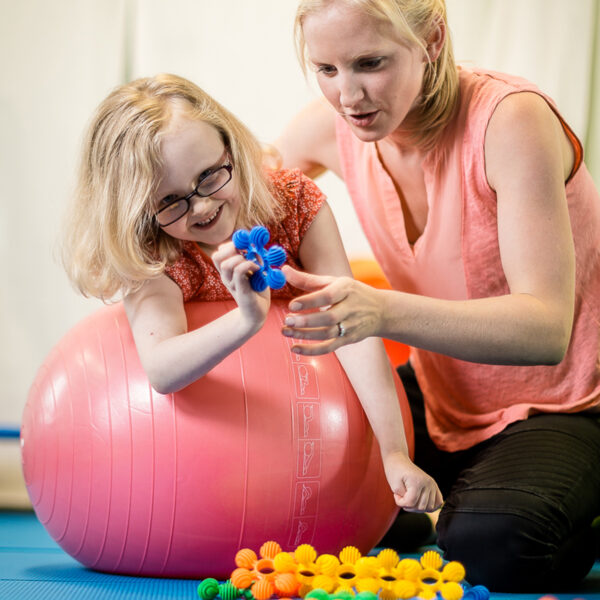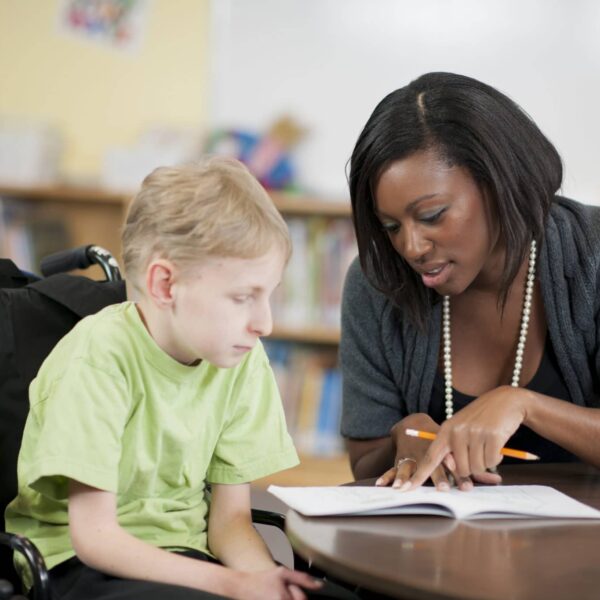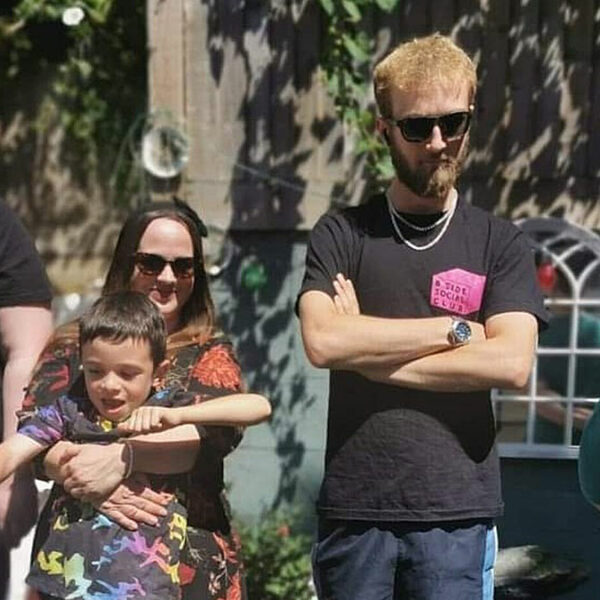Health services
Having a child with special educational needs or disabilities (SEND) can mean that you will need to access a number of different health services. These will mostly be based in or near your local community but you may have to travel further afield if your child needs specialist input. Here we explain some of the key health services children with SEND may encounter.
GPs
GPs provide generalist medical care. They may be one of the first people you discuss your child’s difficulties with and the person who can refer you to a specialist health professional, if need be. Support from GPs can be helpful if you’re trying to speed up appointments or get supporting evidence for disability benefit applications for assessments for social care. And, of course, disabled children get ordinary illnesses too, just like their brothers and sisters.
Though we are all less likely to have a ‘family doctor’ these days (most of us end up seeing whoever is on duty that day), it is a good idea to try and forge a relationship with one doctor at your practice, so that they can build up a good understanding of your child’s needs. If this isn’t possible, don’t worry. Your GP surgery will have received every report, letter or result relating to your child and these can be accessed via any health professional at the surgery.
If your child has a learning disability, check whether they are on the Learning Disability Register at your GP surgery. If not, you can request that they are added. Being on the Learning Disability Register can help them get extra health support, including a free Annual Health Check from the age of 14. Find out more about the Learning Disability Register in this NHS leaflet for parent carers.
Health visitors
Health visitors are usually registered nurses or midwives who have completed extra training in specialist community public health nursing and the development of children under five. Health visitors are often the first health professional you meet when you have a baby. They will visit you at home just after your child’s birth and then conduct regular developmental checks at key stages in their early years; 6-8 weeks, 8-10 months, 27 months.
Health visitors often work out of Children’s Centres or Family Hubs and you can access their advice and support there with things like breastfeeding, sleeping and toilet training.
If your health visitor decides that you or your child need additional help or support, they will plan this with you and see you more often. They may also refer you to other specialist health teams if your child is having difficulties developing certain basic skills or considerably delayed compared to other young children of the same age.
Health visitors will work with early years professionals to make sure that your child gets the right support and that services are coordinated.
Health visitors are also a great source of general information about local groups, activities and ways of supporting your child’s health and development so try and make use of their local knowledge.
Specialist health visitors
Specialist nurses support children and young people who have complex needs with developmental difficulties, as well as their families. They work directly with parents to help them understand their child’s difficulties and how best to support their development.
Community Paediatricians
Community paediatricians are doctors who specialise in children and young people’s development. They can diagnose conditions such as autism and ADHD and advise on ways to help your child and you as a family. They can arrange blood tests, X-rays and scans if needed and refer you to other specialist services and hospitals if necessary.
Community paediatricians usually work as part of a multi-disciplinary child development team.
Child Development Teams
Your child may be referred for assessment to your local child development team. These are often called ‘multi-disciplinary’ teams, which means they are a team of health specialists with different expertise who work together to assess and plan the support your child and your family needs. In Brighton & Hove, this team is based at the Seaside View Child Development Centre. In East Sussex, the teams operate from several sites across the county including Community Paediatrics Parkview in Bexhill.
Child development teams are usually led by paediatricians, working closely with speech and language therapists, physiotherapists, occupational therapists and specialist nurses. They may also get input from psychologists, either as part of the team or from the Child and Adolescent Mental Health Services (CAMHS).
Find out more about the child development teams in your area here:
Brighton & Hove
East Sussex
Speech and language therapists
Speech and therapists (SLTs) diagnose and treat problems with communicating, speaking clearly and understanding what other people say. Other SLTs specialise in difficulties with chewing and swallowing.
The SLT service will provide assessment, diagnosis and management of your child’s difficulties. After an initial assessment, your child may get a block of direct sessions with a speech and language therapist on an individual basis or in a group. Or someone already working with your child, for example a TA at their school, may get a programme of exercises or activities to follow with them. To make the best progress, your child will need you to do the same at home too.
The therapeutic programme will always be reviewed by the speech and language therapy service. Be aware that therapy is unlikely to go on forever and may be put in place for a specific period of time.
Speech and language therapy for children and young people in Brighton & Hove
Speech and language therapy for children and young people in East Sussex
Children with more complex issues around swallowing and eating, such as a serious reflux condition, are likely to be treated by dysphagia specialists in hospital, working in conjunction with respiratory and gastro specialists.
Occupational therapists
Occupational Therapists (OTs) help children develop everyday skills, such as feeding themselves, getting dressed and playing, if these are affected by physical, developmental, sensory disabilities or sensory processing issues.
OTs will assess and treat children at home, at school or pre-school or healthcare clinics or community locations.
After assessment, an OT will write a report that identifies any areas where your child needs help. This might also include advice on exercises, adapting tasks to your child’s ability or equipment. There will be activities you can do at home with your child as well as in school.
Occupational Therapy for children and young people in Brighton and Hove
Occupational Therapy for children and young people in East Sussex
Physiotherapy
Physiotherapists help with movement skills and physical mobility. They can treat a wide range of conditions, including:
- Co-ordination difficulties
- Developmental delay
- Neurological or neuromuscular disorders such as Cerebral Palsy and Muscular Dystrophy
- Congenital syndromes and metabolic diseases such as Down Syndrome and Rett Syndrome
Physiotherapists may work with your child in community locations or health care clinics, schools and nurseries, or even in your own home, if appropriate.
Physiotherapy for children and young people in Brighton and Hove
Audiology
The Children’s Audiology Service tests and monitors children’s hearing. Any healthcare professional or school SENCO can refer your child to Children’s Audiology if there’s a concern about their hearing. Otherwise, any issues may be picked up during routine hearing checks in primary schools.
Children with significant hearing or visual impairments may also be referred to the local sensory needs team or learning support service.
Paediatric ophthalmology
If your child has a significant problem with their vision, this will usually be picked up during routine developmental checks carried out by a health visitor or GP or in early sight checks at school; they will then refer them to the local paediatric ophthalmology/optometry teams for assessment and support.
Children with significant hearing or visual impairments may also be referred to the local sensory needs team or learning support service.







